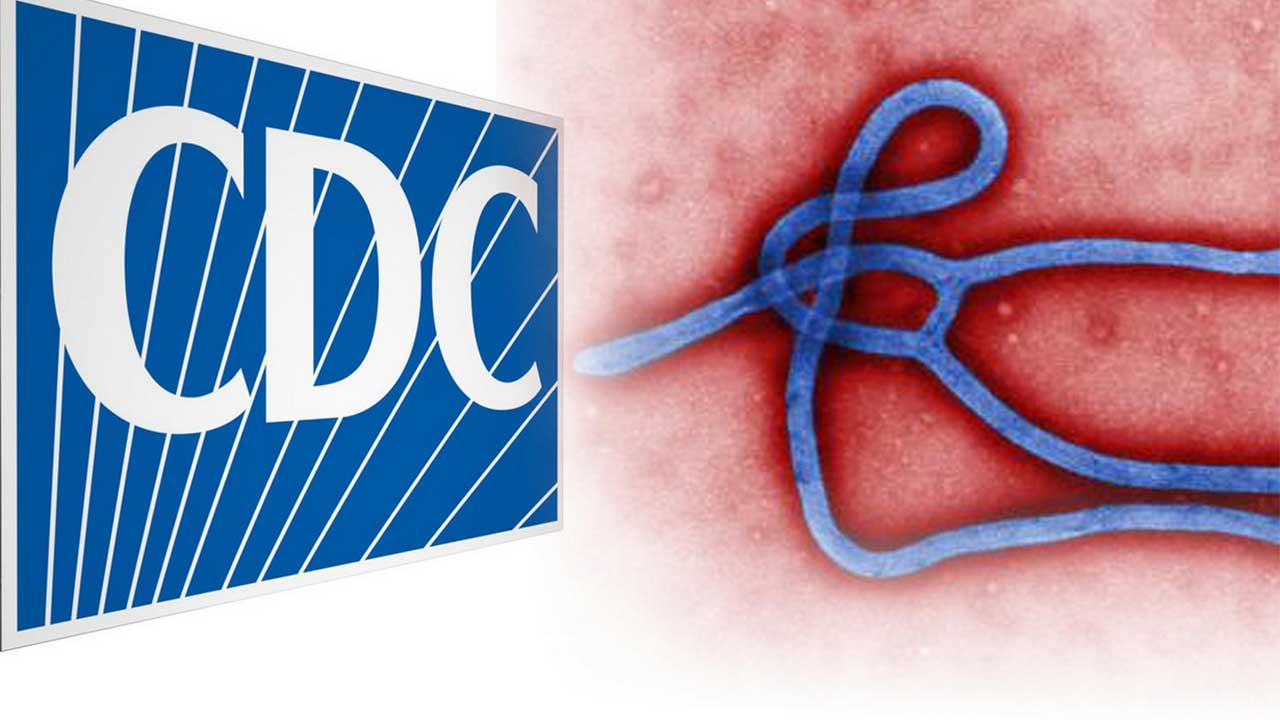Raleigh lab ready to test any Ebola samples
RALEIGH (WTVD) -- As we continue to hear more about Ebola, and the cautionary preparations underway in every corner of the country, we now know the North Carolina State Lab of Public Health, on District Drive in Raleigh, is one of 15 health labs chosen to support Ebola virus testing in the United States. It's one of four just in the Southeastern region.
Click here for more Ebola information - #FactsNotFear
The lab was chosen for its top notch facility and its reputation of handling viruses affecting public health. In a tour led by Dr. Scott Zimmerman, the director of the state lab, ABC11 was able to get a rare look inside.
For simulation purposes, Zimmerman showcased an isolation room on the ground level of the building used for training with blood samples being tested by two scientists in full personal protective gear. The blood used for testing was not human. It was cow's blood and it was not tainted with Ebola or any virus. However, if ever a sample thought to have Ebola arrives near our area, it could end up at our state lab.
"Public health labs, including the North Carolina State Public Health Laboratory, are there for these purposes," said Zimmerman.
Zimmerman said the laboratory response office with the Centers for Disease Control and Prevention contacted him several months ago.
"They asked whether or not we'd be willing to be one of 15 state public health laboratories that would support Ebola virus disease testing in the United States," said Zimmerman.
Zimmerman said they quickly said yes because it's their public duty to carry out this type of testing.
"We're ready," he said. "We have spent years and years with our partners in public health preparing for these types of events."
They've been preparing, running drills and risk assessment tests ever since. Inside a sealed off, small, white isolation room are two scientists in protective gear working as a team. Zimmerman said any testing and handling of a sample will always require two scientists. One to handle the specimen and the other to make sure all protocols are being followed. This is to protect them as well as the general public.
"We have put practices, policies, protocols in place that mitigate those risks. So that we can conduct this type of testing in a safe manner," said Zimmerman.
He said it takes six hours to find out if a sample tests positive or negative for Ebola. If it does, then they would have to contact the CDC to review the sample to make the final determination. Once that happens, as part of the disposal process, a chemical is then added to the sample to de-activate it.
Since the North Carolina State Lab of Public Health is just one of four in the Southeast, they could be tasked with testing specimens from out of state.
This has not happened, and so far, there are no cases or suspected cases of Ebola in North Carolina.










